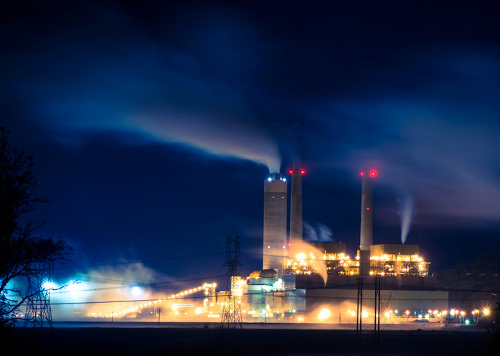SUBSCRIBE TO THE FREE NEWSLETTER
Can BC meet climate goals and build LNG terminals?
Last week, British Columbia premier John Horgan announced a series of tax breaks to promote the creation of a liquified natural gas terminal on the north coast. The Green Party was quick to criticize the move, and threatened to pull out of the governing coalition. DeSmog Canada quotes Greens leader Andrew Weaver on how BC is failing to make progress on carbon targets: ““By 2030 all other aspects of our economy — apart from LNG Canada — would have to cut emissions by 50 per cent. And by 2050 it means that all other aspects of our economy would have to cut emissions by 95 per cent.”
New film documents loss of affordable mobile homes near Seattle
The Seattle Globalist reports on a new documentary by two young filmmakers that explores the loss of The Firs, a mobile home park in SeaTac, one of the few afffordable options left in the region. Meanwhile, at the Stranger, Charles Mudede talks about the “new normal” of homelessness: young working couples living in camper vans on the margins of Seattle.
Tsilhqot’in apology requires better understanding of history
Jerome Turner, writing for Ricochet, examines the recent apology from Justin Trudeau and the Canadian government for the hanging of five Tsilhqot’in chiefs in 1864 for actions defending their villages from deliberate smallpox infestation by white settlers. While he welcomes the apology, Turner finds that many details are glossed over, including the involvement of James Douglas, the “father of British Columbia” in the genocide.
Can central Washington communities get beyond coal?
Seattle Weekly reports from Lewis County, Washington, where the only remaining coal-fired power plant in the state will shut down by 2025. The former timber towns here are struggling, and plans for new solar power projects may not provide enough jobs to keep the towns afloat.
Revisiting Housekeeping years later
Housekeeping, the novel about two sisters growing up as misfits in the fictional town of Fingerbone, Idaho, is a classic of Cascadia writing. At the American Scholar Amand Parrish Morgan reflects on returning to Marilyn Robinson’s 1980 book, and its exploration of nonconformity among women.
An interview with composer John Luther Adams
Pulitzer Prize-winning classical composer John Luther Adams, who has a new composition, Become Desert, talks with City Arts about solitude, Alaska (where he lives) and how audiences in Cascadia are revitalizing classical music. “The audiences [in Alaska], like in Seattle, are willing to take a chance, to expand themselves and hear something they haven’t heard before and come to terms with it.”
Adams also has an essay in the New Yorker on climate change’s impact on Alaska. Seattle Symphony premieres Become Desert on March 29 & 31.
That’s all the news, arts, and culture in Cascadia that’s fit to print. —Andrew Engelson
Photo credit: Centralia coal plant by Flickr user Kid Clutch, CC BY 2.0

